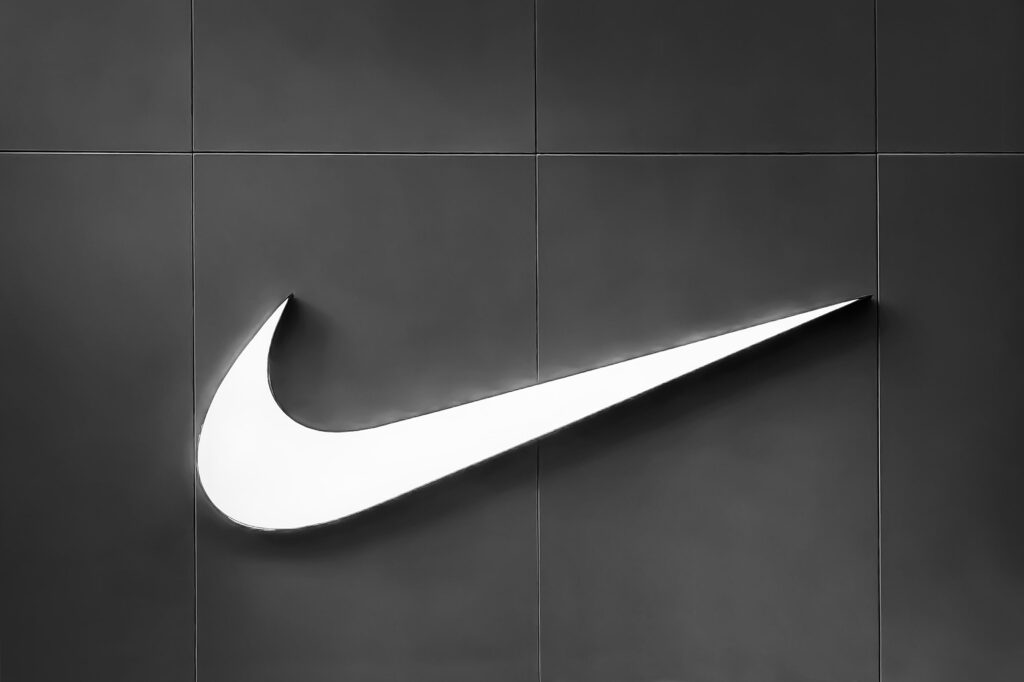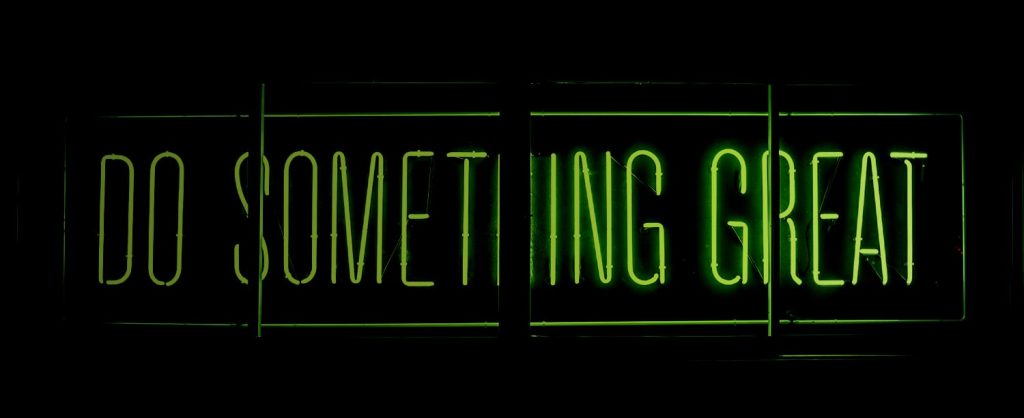Brand Power is one of the most persuasive tools in the business
BRAND POWER / The symbolism of brands is powerful. Even if it is not always intentional, the value that a brand brings to our lives can be captured through symbolism in many ways. The branding process goes way back in history. Still, the most prominent example of this is probably the Ancient Egyptians with their pyramids and obelisks surrounding temples to represent protection, power, or even immortality.
The Incas used quipu to catalog information on strings knotted together based on their numerical properties. The quipus were divided into categories where knots represented physical things like animals, plants, etc.
These numbers acted as mathematical operations by combining counters with other numbers to form hierarchical structures to keep track of events in certain societies.
However, others have tried and failed because, despite the Western belief that numbers could not possibly be used for anything other than mathematical operations, they can hold much more profound meaning in different cultures if you look closely enough.
Visual Imagery
So, let’s look at one of the most prominent examples of how brands use symbolism is imagery. A great example is Coca-Cola’s famous logo: Two gentle waves forming a dynamic ribbon.
Yes, it’s open for interpretation, and some people will argue whether it is a nod to the past or a symbol of modernity. Either way, it still creates an emotional reaction in most people when they see it.
So, another great example would be Nike’s “swoosh” logo.
It might just look like something that a child drew, but it has meaning behind it as well. The logo can be interpreted as an arrow running through the “O.”

In this case, the swoosh represents moving forward and progressing in life while overcoming obstacles along the way. Then once you add “Nike” to the brand, this brings a whole new set of meanings into play with its symbolism associated with Greek mythology: victory and gods of war which makes sense considering their slogan is, ” Just do it.”
So, you might think that these brands have a massive budget for advertising and have plans to incorporate symbolism into their logos. However, the truth is that most companies today still use text-based logos rather than imagery.
However, suppose a brand can pull off an effective logo that well represents its company. In that case, it gives them a distinct advantage over similar brands simply because they are making strides towards solid branding.
Their strong branding allows them to resonate with consumers deeper because what they represent goes way beyond just selling products.
The brand effect is the idea that merely exposing a person to an arbitrary logo can lead them to make assumptions about the quality of products in other categories.
A study done once performed in 2007 found that participants who were exposed to a fake Mont Blanc pen were more likely to think they’d be successful, even when controlling for class, education, and income and that participants who were exposed to a fake $3 off coupon for an expensive food item associated the food with higher status than those in the control group.
The likelihood of deciding against doing business with a company increases when the amount spent is more significant. Consumers may feel more comfortable spending less money on products from companies they perceive as less reputable.
A study performed at the University of Wisconsin found that as brand strength increased among consumers who had bought products from those companies were more likely to purchase their following product because they know what to expect and are thus more satisfied with them than those who had less invested or not bought anything.
But, as brand strength increases among those who have not bought products from the company, they may be most likely to be turned off by negative advertising or news reports. This is because they have little to no experience with them and thus have nothing invested in them, so less favorable information affects their company perceptions.
Branding in Business = Brand Power

Employers are looking for workers who can help their businesses grow, and they often look to the education system to find them. While attending college is certainly not a requirement to work in many industries, it is an effective way for professionals aspiring to rise the corporate ladder to differentiate themselves from their peers.
A prime example of this is the perceived superiority of a firm, product, or service due to its association with an attractive institutional identity. This branding concept is most associated with luxury products and name brands but may be used in any industry or organization, including college diplomas and university logos.
The Pew Research Center (a non-partisan think tank) recently investigated this phenomenon. In a series of phone interviews, researchers asked people from various educational backgrounds to rate two fictitious products based on their quality and price compared to their competitors.
The first product was described as “a French bicycle that costs $1,500,” The second was “a German bicycle that costs $1,500.” Participants were asked to assume that both bikes are part of the same company, the standard fare, and an upscale version.
Some 80 percent of respondents declared that they would purchase the French bicycle over its German counterpart, citing reasons such as superior craftsmanship and better materials in addition to a more attractive price tag.
Social Media added Brand Power
In today’s world, you can’t walk two feet without being bombarded by an advertisement. With the ever-increasing amounts of ads daily, it’s easy to lose sight of the purpose of ads. Companies must find different ways to sell their products in a world where products are mediocre. So, one way that is becoming increasingly popular is using brand power to achieve their implicit aims.
Brand power has become an increasingly important tool in advertising because of the widespread usage of social media.

So, today, more and more people are sharing their opinions about products they use or have used, making it increasingly important for companies to build a positive reputation.
Studies have shown that brand power is highly influential in persuasive communication, and thus, the use of brands has become extremely important in advertising.
People are more likely to trust other people’s opinions over advertisements, making social proof a powerful, persuasive tool. Building a good reputation for a brand can be highly beneficial. If people believe that an advertised product will work because others have trusted it, they are more likely to purchase it.
When a company has more power over its competitors, it is more likely to persuade consumers into buying its products. The power of the brand is used as a persuasive tool on social media to try and influence consumers’ opinions. How often a post about a brand is shared or how many likes it receives can be affected.
Companies need to keep their brand power up to maintain control over other brands, persuading their customers the most.
So, the more powerful the brand, the more likely other people are to share posts, making it more influential on social media.
Whereas product features are concrete and verifiable, brand image is fluid and more open to interpretation. Thus, people may be more influenced by what the brand means than what it offers. This is because the brand is connected to the product and its use, and people can easily connect specific ideas or feelings with a particular brand.
Most definitely, this has become more prevalent in the last decade because of the increased usage of social media.
Conclusion
The marketing process has been around for thousands of years and has only changed physically as it advances technologically. While this is important for businesses to keep up with the times, it is also great to see that brands still find ways to stay connected with people on a deeper emotional level through symbolism which gives them an advantage over similar competitors.
Brand power is one of the most persuasive tools in the business!